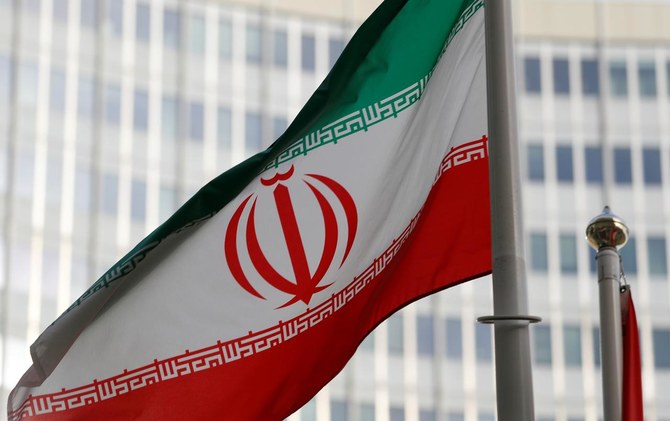LONDON: European politicians from across the political spectrum have urged the EU and its member states to take a harder line on Iran’s diplomatic presence on the continent, saying Tehran’s envoys are a security risk.
They cited Thursday’s Belgian court ruling, in which Iranian diplomat Assadollah Assadi was sentenced to 20 years in prison for trying to bomb an Iranian opposition rally in Paris in 2018, as evidence that Tehran’s foreign affairs mission in Europe is a cover for terrorism.
The politicians were speaking at an online event attended by Arab News and hosted by the National Council of Resistance of Iran (NCRI) to discuss the ruling.
British MP Steve McCabe said the verdict was a “historic event” that exposed “how the Iranian authorities show contempt for diplomatic conventions by using their embassies and diplomatic missions to export terror.”
He added: “That’s not how a normal government behaves, even at times of genuine difference, tensions and difficulties. It’s the actions of a pariah state, of a regime that for years has taken advantage of diplomatic privileges and opportunities … to plan, export and support terrorism around the globe.”
Assadi received the sentence that “justice demands,” McCabe said, adding that the sentence must be carried out.
He urged Belgium to ensure there are “no swaps for innocent hostages seized by the mullahs as bargaining chips. This is the time for tougher action — stronger sanctions and reduced diplomatic privileges.”
The urgent need to reduce Iran’s diplomatic privileges on the continent was a sentiment shared by Italian Member of the European Parliament Gianna Gancia.
She hailed the court ruling as an important day in defending the values of a “democratic, prosperous and safe Europe,” but also an important day for the Iranian people and the NCRI’s resistance movement. This day, she said, “could mark the beginning of the end of impunity for the Iranian regime.”
Gancia questioned the EU’s tolerance of Iran’s behavior in Europe up to now, saying: “We need a more firm policy against the threatening activities of Tehran in Europe, and we need to react at a European level.”
She added: “The time has come to downgrade diplomatic relations with Iran, and maybe we should withdraw our own ambassadors from Iran.”
She continued: “I was there in 2018, and today I’m here because this verdict is very important. We have to achieve a situation where Iran’s massacres, both at home and abroad, stop.”
Michèle de Vaucouleurs, a member of the French National Assembly who was also present at the Paris rally, said: “Assadi’s diplomatic immunity status was exploited to plan that attack, and the court has demonstrated clearly that these actions weren’t those of an isolated person, but rather the actions of the Iranian regime.”
She added: “Diplomatic relations between France and Iran should be suspended and only resume when there’s a democratic transition in the country … Europe must stand up and meet this historic moment.”






















